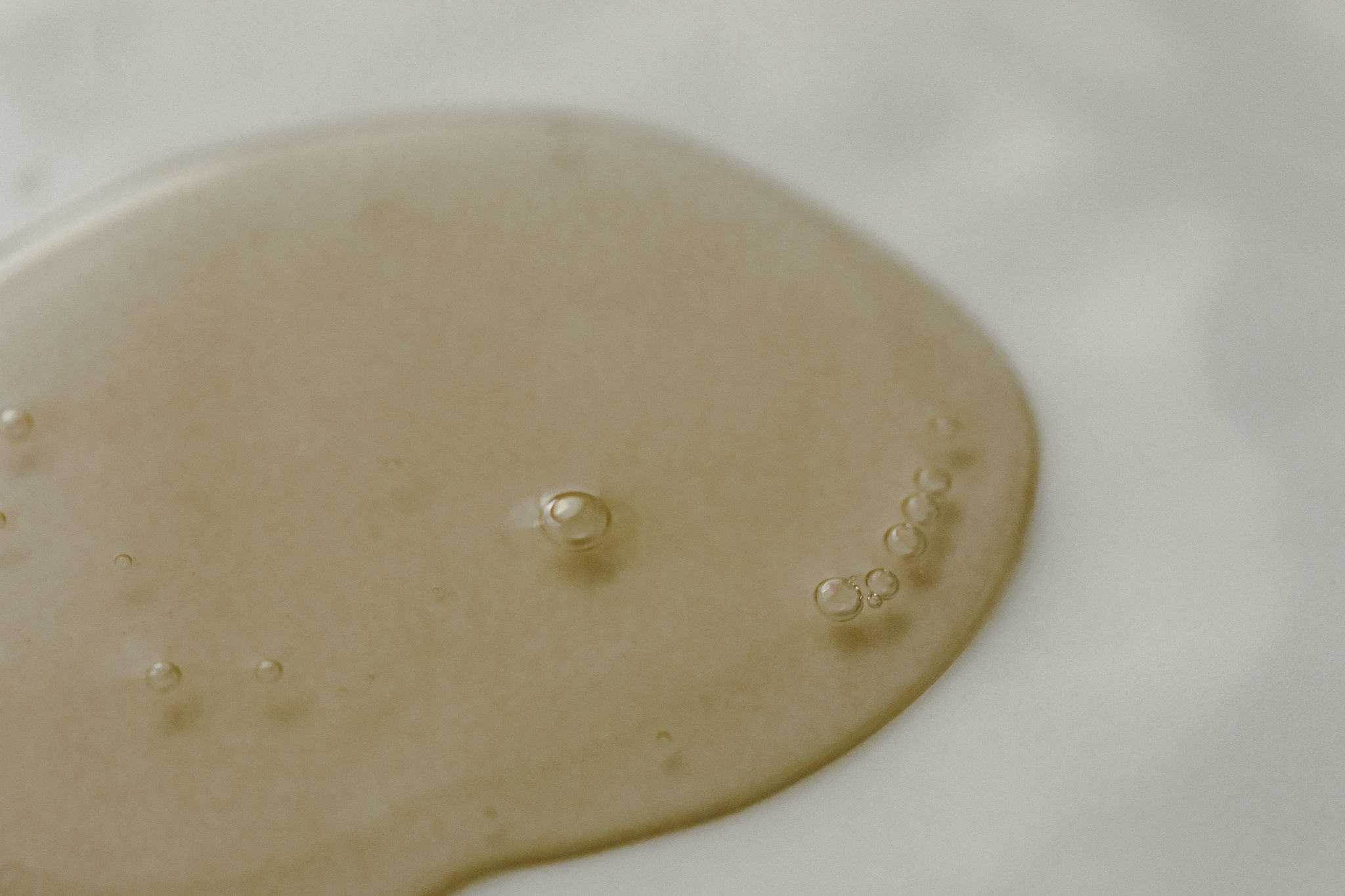aescend aesthetics
Coconut or olive oil?

With the recent trend towards a paleo diet, coconut oil has become a commonplace pantry addition. But is coconut oil really as healthy as we have been led to think?
When compared to olive oil, coconut oil is similar in the number of calories and grams of fat per serve. The difference however is the main type of fat that constitutes both.
Whereas olive oil is mainly made of polyunsaturated fat – the fat that has been linked to cardiovascular health and positive effects on inflammation; coconut oil is has a much higher percentage of saturated fat – which has not been shown to have the same health benefits. The main take away is that saturated fat due to its chemical architecture is a solid at room temperature and makes body cells more rigid, effecting the way that cells function and communicate. Conversely, polyunsaturated fats are more liquid.
In terms of overall health benefit, saturated fats are additionally thought to be more ‘fattening’ based on the fact that their composition requires less energy expense by the body in order to break down the fatty acid chain. Furthermore, if comparing coconut oil with extra virgin olive oil (EVOO) in terms of added nutrients, the gap begins to widen.
EVOO is rich in vitamin E – a major fat-soluble antioxidant which has beautiful moisturising and hydrating properties, but also prevents the oil breaking down at high cooking temperatures and creating toxic compounds. It is also a good source of squalene and polyphenols – which have multiple health benefits including moisturisation and skin barrier function, though have most recently have also been shown to influence the health of good gut bacteria and therefore the skin appearance, reactivity and integrity.
If you are interested in knowing more about diet, wellness and how this effects skin; book in for a holistic and comprehensive skin assessment with one of our Aescend artisans.



